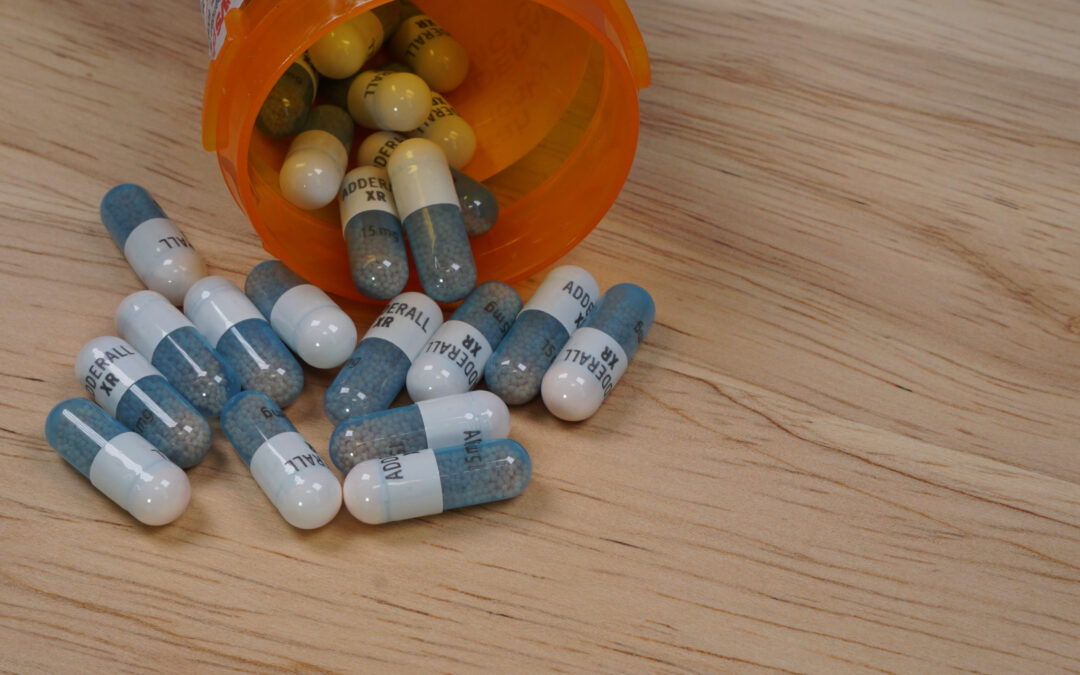Drug shortages are at a ten-year high, challenging patients and healthcare providers. These shortages occur when the demand for a particular medication exceeds the available supply, leading to potential delays or unavailability of essential drugs. Plan sponsors have a crucial role in supporting their participants during drug shortages. In this blog post, we will explore how plan sponsors can help alleviate the impact of drug shortages and ensure the well-being of their participants.
Enhanced Communication and Education
One of the primary responsibilities of an employer-sponsored health plan is to keep participants informed about their coverage and healthcare options. Health plans can proactively educate participants about specific drugs affected by shortages, the reasons behind the shortages, and any alternative options available. During a drug shortage, clear and timely communication becomes even more critical, ensuring that participants are well-prepared, aware of potential challenges, and understand the steps they can take to address their healthcare needs.
Formulary Flexibility
Plans typically maintain a list of covered drugs known as a formulary. During drug shortages, plans can consider revising formularies to accommodate readily available medicines. By providing coverage for therapeutically equivalent alternatives, the plan ensures that participants have access to necessary medications, reducing the disruption caused by shortages. Formulary flexibility can be a valuable tool, helping plans adapt to dynamic healthcare scenarios.
Prior Authorization and Step Therapy Adjustments
In some instances, prior authorization or step therapy requirements can impede timely access to medication during a drug shortage. Plan sponsors can review and modify these processes to streamline access to affected drugs. By temporarily adjusting these requirements or facilitating faster approvals, plans can help participants receive the necessary medications without undue delay. Such flexibility demonstrates a commitment to the well-being of plan participants and acknowledges the unique challenges drug shortages pose.
Pharmacy Network Collaboration
Collaboration between health plans and pharmacy networks is essential to address drug shortages effectively. By leveraging pharmacists’ expertise and understanding of drug shortages, health plans can provide participants with valuable guidance and support. Health plans can work closely with network pharmacies to identify alternative medications and ensure availability. Additionally, plan sponsors can facilitate communication between participants, pharmacists, and physicians, enabling them to discuss potential treatment plans.
Prescription Refill Management
During a drug shortage, it becomes crucial to optimize prescription refill management. By proactively addressing refill management, health plans can mitigate the impact of drug shortages on participants’ health and well-being. Plan sponsors can encourage participants to refill their medications before they run out, avoiding potential gaps in therapy. Additionally, plans can explore options such as 90-day supplies or mail-order pharmacies to ensure an uninterrupted supply of medications, especially for chronic conditions.
Employer-sponsored health plans play a pivotal role in supporting participants during drug shortages. By leveraging effective communication strategies, formulary flexibility, and collaborative efforts with pharmacy networks, these plans can help alleviate the challenges individuals face in accessing vital medications.
Navigating drug shortages requires a proactive and patient-centered approach, positioning plan sponsors to provide the necessary support. By prioritizing the well-being of their participants, these plans can contribute to a more resilient and responsive healthcare system.
—
Prescription Care Management (PCM) is a healthtech company that simplifies pharmacy and medical benefits management for brokers and plan sponsors. To learn more about how PBM can help you, click here.

